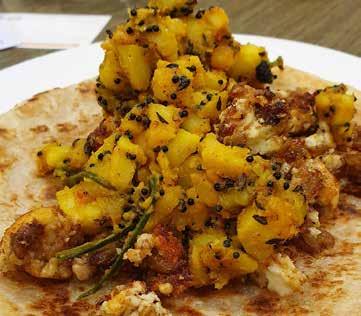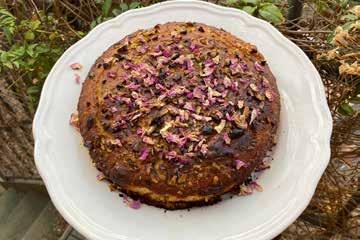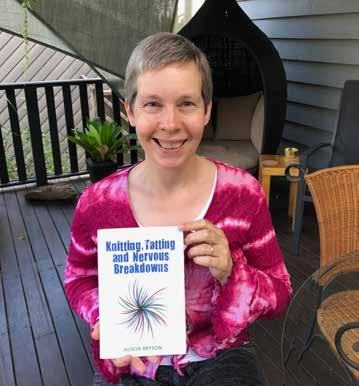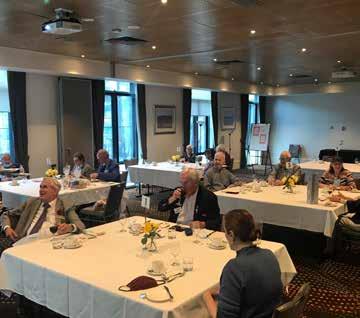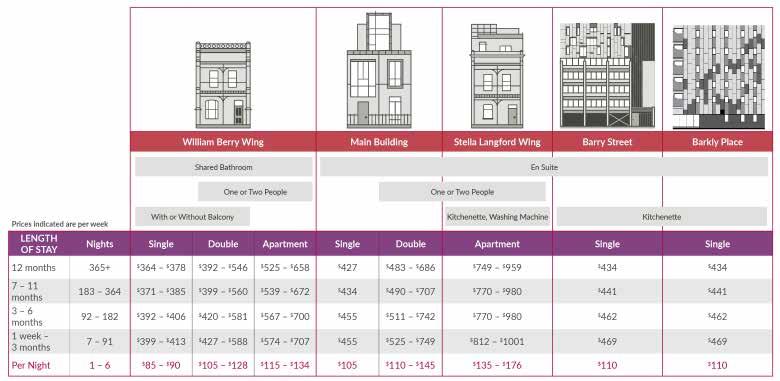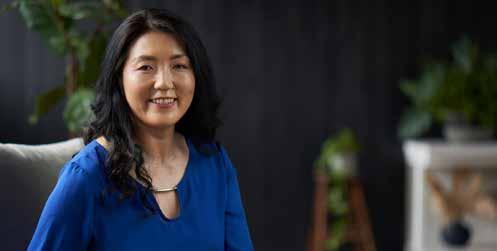
3 minute read
Sobia Masood at the Australian-Asian Association
On Monday, 2nd November, Resident Member, Sobia Masood was the guest Speaker at the Australian-Asian Association (AAA) of Victoria meeting held online. Since 1956, AAA has played an important role fostering friendship, understanding and good fellowship between the peoples of Australia and Asia, through the exchange of information and discussion, supporting international students, encouraging Asian language skills and as a welcome support to new settlers from Asia. Sobia holds a Master of Science degree in Criminology with Forensic Psychology, is on study leave as a Lecturer in the Department of Gender Studies at Fatima Jinnah Women University in Rawalpindi, Pakistan, and is currently a PhD researcher in Criminology at The University of Melbourne. Sobia spoke about the cultural role of food in Pakistan and explained how diverse Pakistan is with respect to ethno-linguistic communities and its history as the gateway to central Asia. This rich history has informed the multitude of cuisines that are shared within the sub-continent. She expanded on the role that food has in all cultures, with it being the centre around which people congregate. Food brings people together, barters peace and can almost be construed as a love language because it mirrors the affection of those who make the food and the recipients of the food. An example of this behaviour in Pakistan is people putting lots of sugar and some butter in the chai (black tea with milk) of someone they honour. Sobia also touched upon the notion of using ingredients for their medicinal/health benefits. In addition to allopathy, Pakistan practices Unani medicine, which is based upon the hot-cold concept of humoral medicine. She expanded on this by noting the multitude of dishes and beverages made to match the seasons. During the summer months, for example, kanji, a black carrot drink, would be made to remain cool; while in the winter months the drink of choice to stay warm would be masala chai — black tea brewed with cinnamon, cardamom, star anise and other spices. Similarly, Panjeeri, a dish made for postpartum healing and lactation, is given to new mothers as it is considered a ‘hot’ or warming food that will strengthen the body. Food in collectivist cultures like Pakistan is meant to be a shared experience. This is evident by the fact that the dishes cooked always have multiple servings. This assists in bringing people together via sharing. It is something Sobia enjoys while residing at Graduate House as she makes friends from diverse backgrounds. It also highlighted the inclusive nature of food. For example, her new friends at Graduate House seek always to include Halal ingredients in their dishes to ensure that she can eat with them.
“This beautiful effort” is one of the reasons she is passionate about food. During the COVID-19 lockdown, Sobia missed eating with her fellow residents and that, sadly, took away some of her joy with food. It reinforced the notion that food, to her, is a shared experience.
Advertisement

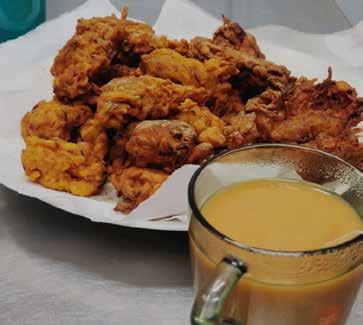
Aalo bhurji (potatoes with scrambled cottage cheese) eaten with paratha.
Two of the delicious cakes Sobia made during lockdown. No matter where people are from, food is a way to bring people together. In the conversation after her presentation, Sobia and the AAA members talked about how there is an expectation with certain dishes that they are to be eaten with fingers to enhance their flavour, and about the influence on Pakistani cuisine of geographical and historical factors. An example of this is the inclusion of “high-tea” in Pakistan. She shared photos of pakoras — made with frying vegetables in besan (chickpea flour) with tea — a dish that must be eaten when it rains — and multiple cakes Sobia has made while in lockdown to soothe herself and to share with her friends. A splendid evening ended with the hope of meeting each other in person and bonding over more food in Melbourne, a city Sobia declares she is determined to eat her way through!
